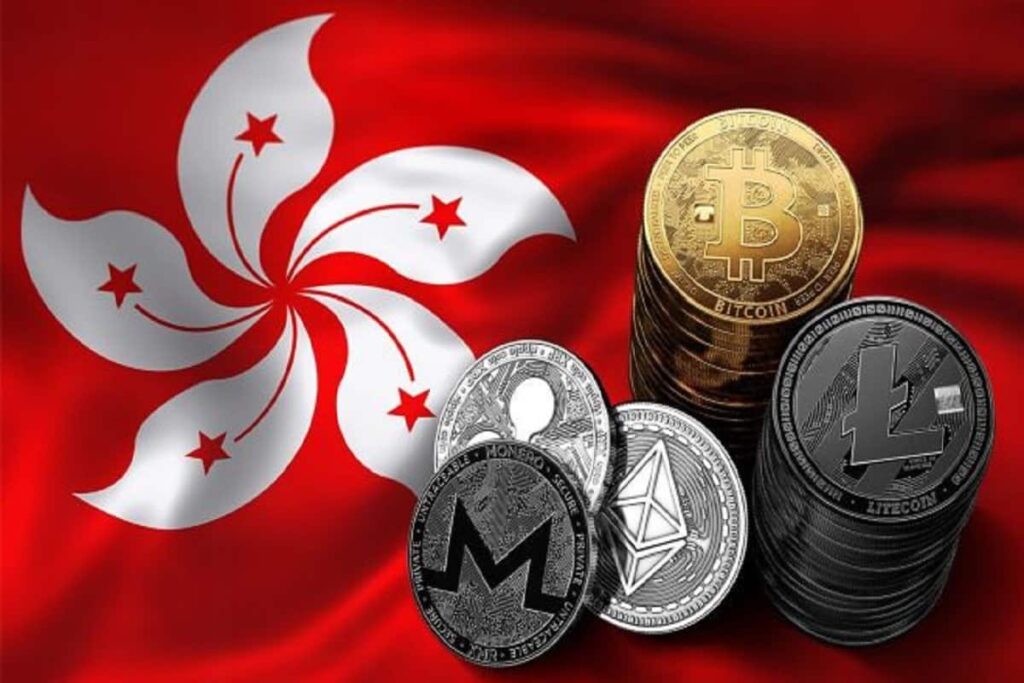Hong Kong’s new legislative subcommittee focuses on regulatory frameworks, innovation strategies, and investor protections in Asia’s financial hub.

Hong Kong’s Legislative Council has established a subcommittee that is specifically dedicated to Web3 and virtual assets to advance its digital landscape.
This initiative emphasizes Hong Kong’s strategic dedication to the development of an environment that is conducive to digital transformation and the adoption of emergent technologies.
The Legislative Council’s objective in establishing this subcommittee is to promote technological innovation, investigate regulatory frameworks, and leverage Web3 and virtual assets to improve economic growth and global competitiveness in the digital economy.
Subcommittee’s Objectives and Initiatives
Wu Jiezhuang, a Hong Kong SAR Legislative Council member, recently announced the formation of the Web3 and virtual asset subcommittees, a significant step in catalyzing growth in these areas.
Meanwhile, to formulate policy recommendations and future development strategies, the subcommittee is currently engaging in the active solicitation of insights from global industry experts.
Formulating balanced regulatory frameworks for Web3 technologies, fostering international collaborations to establish Hong Kong as a global Web3 hub, integrating artificial intelligence with Web3 advancements, and ensuring robust policy frameworks for decentralized autonomous organizations (DAOs) are among the key areas of focus.
Moreover, the subcommittee aims to bolster market confidence by attracting top talent and enhancing investor protections, as well as by investigating regulatory measures to effectively govern stablecoins and custody services.
Hong Kong’s Competitive Advantage in Virtual Assets
Hong Kong has become a prominent participant in the virtual asset market, thanks to its transparent legal framework, robust investor protection mechanisms, and low tax rates.
In contrast to jurisdictions such as Japan and Australia, Hong Kong’s tax regime does not impose asset value-added taxes, which appeals to global investors, according to Hu Zhenbang, CFO of OSL Group.
The financial hub status of Hong Kong further enhances its appeal, as it attracts international funds and receives substantial support from China.
Additionally, Hong Kong’s banking sector is distinguished by its favorable view of virtual assets.
Local banks are more open than their counterparts in Japan, which creates an environment that is favorable for virtual asset institutions.
